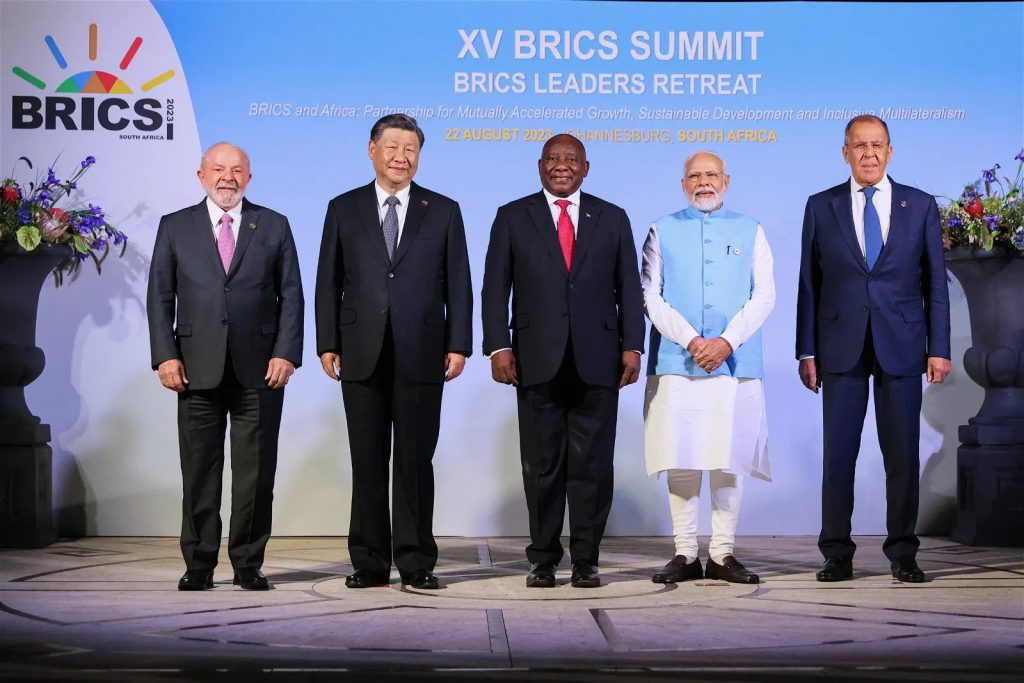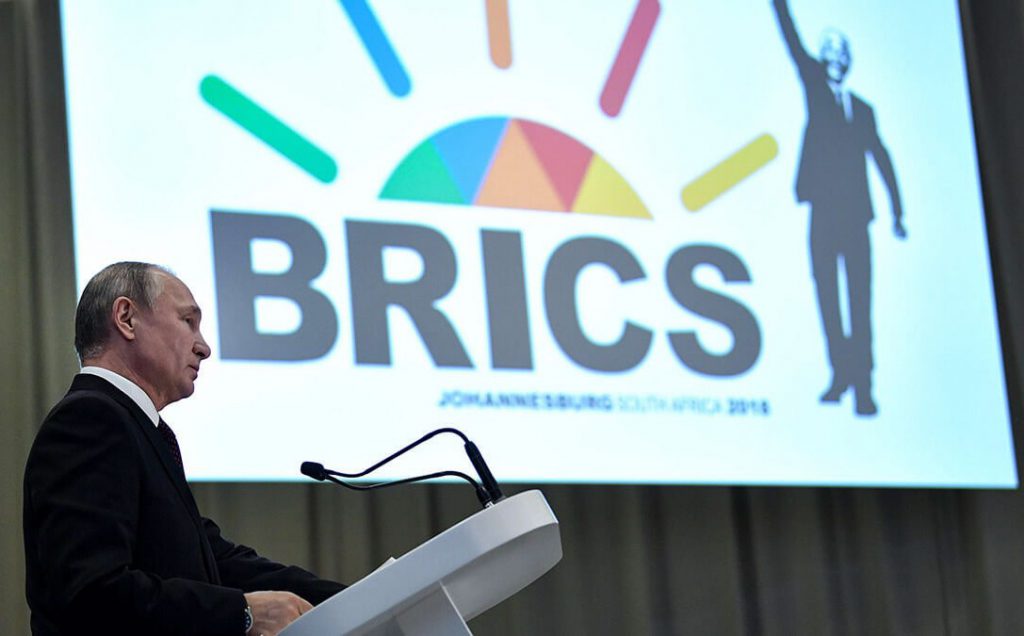BRICS Announces Massive Trade Agreement to Ditch the US Dollar
The BRICS economic alliance has announced an extensive trade agreement that will effectively ditch the US dollar. The collective settled on an agreement with a plethora of outside nations to settle trade dealings in their national currencies, circumventing the use of the greenback.
The agreement includes all BRICS nations as well as Thailand, Laos, Sri Lanka, Kazakhstan, Venezuela, and Bolivia. Moreover, it becomes one of the bloc’s most extensive de-dollarization policies in its history. Its presence should only be magnified by the impending arrival of the bloc’s independent payment system.

Also Read: BRICS Welcomes Saudi Arabia in Foreign Ministers Meeting
BRICS Alliance Introduces Agreement to Ditch the US Dollar in International Trade
Over the last two years, the BRICS economic alliance has grown tremendously. The grouping has sought to increase its relevance on a global scale and introduce an increasingly multipolar world. A massive part of those efforts are connected to the introduction of landmark economic policies.
Now, the alliance has announced a monumental development that could have immense ramifications for global finance. Specifically, BRICS announced a massive trade agreement at this week’s Foreign Ministers Meeting that would ditch the US dollar for all alliance trade settlements. The nations included will opt to settle all trade with national currencies as opposed to Western alternatives.

Also Read: BRICS Makes Major De-Dollarization Announcement
Bolivian President Luis Arce discussed the agreement and the BRICS payment system that is currently being developed by the bloc. Arce noted that the system is developed to compete with the dominance of both the dollar and the Euro. However, using local currencies is a key part of facilitating its eventual arrival.
Since sanctions were imposed on Russia in 2022, the bloc has sought ways to sidestep US dollar usage. This has involved their steadfast commitment to the promotion of currency alternatives.
Subsequently, the aforementioned agreement should be a monumental step toward those goals. The independent payment system should also facilitate that development, as it builds on the BRICS Pay initiative that was introduced last year.
